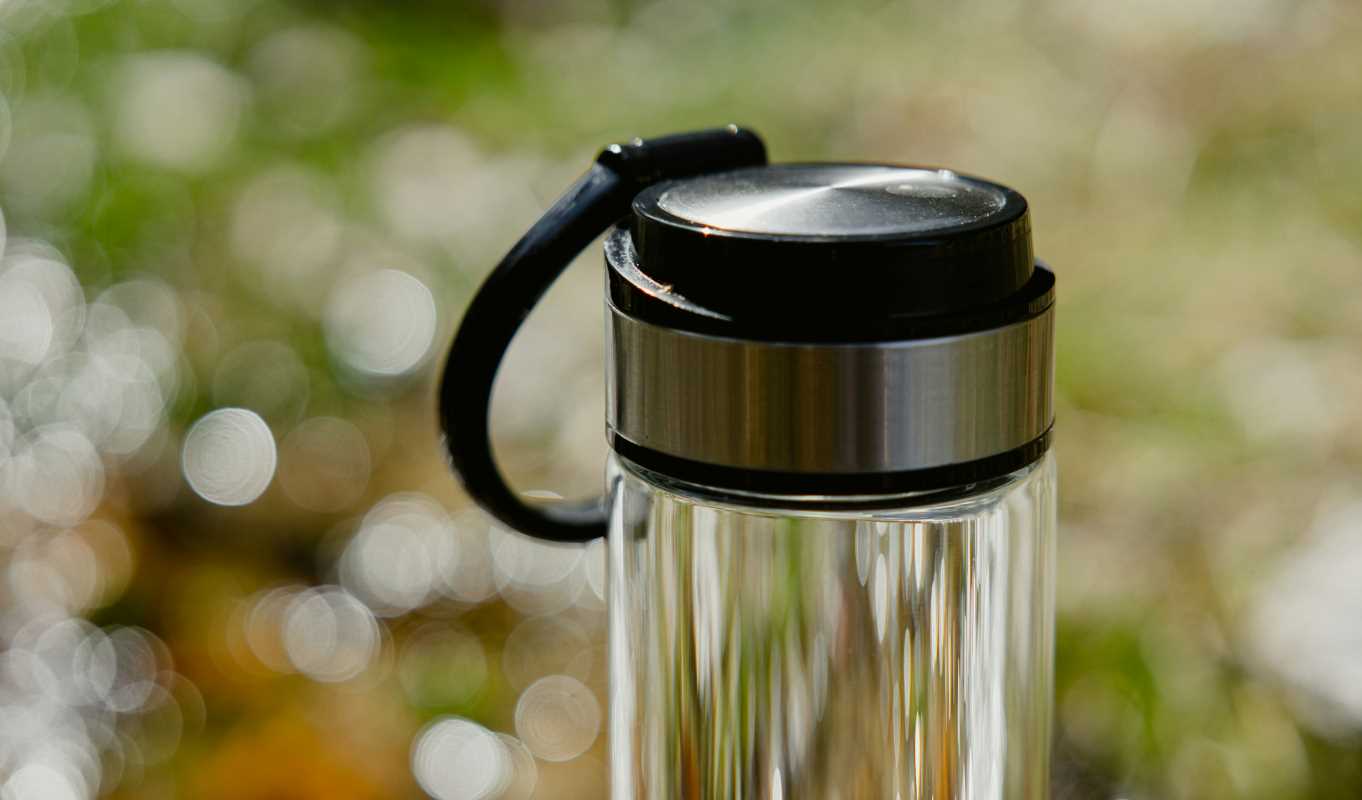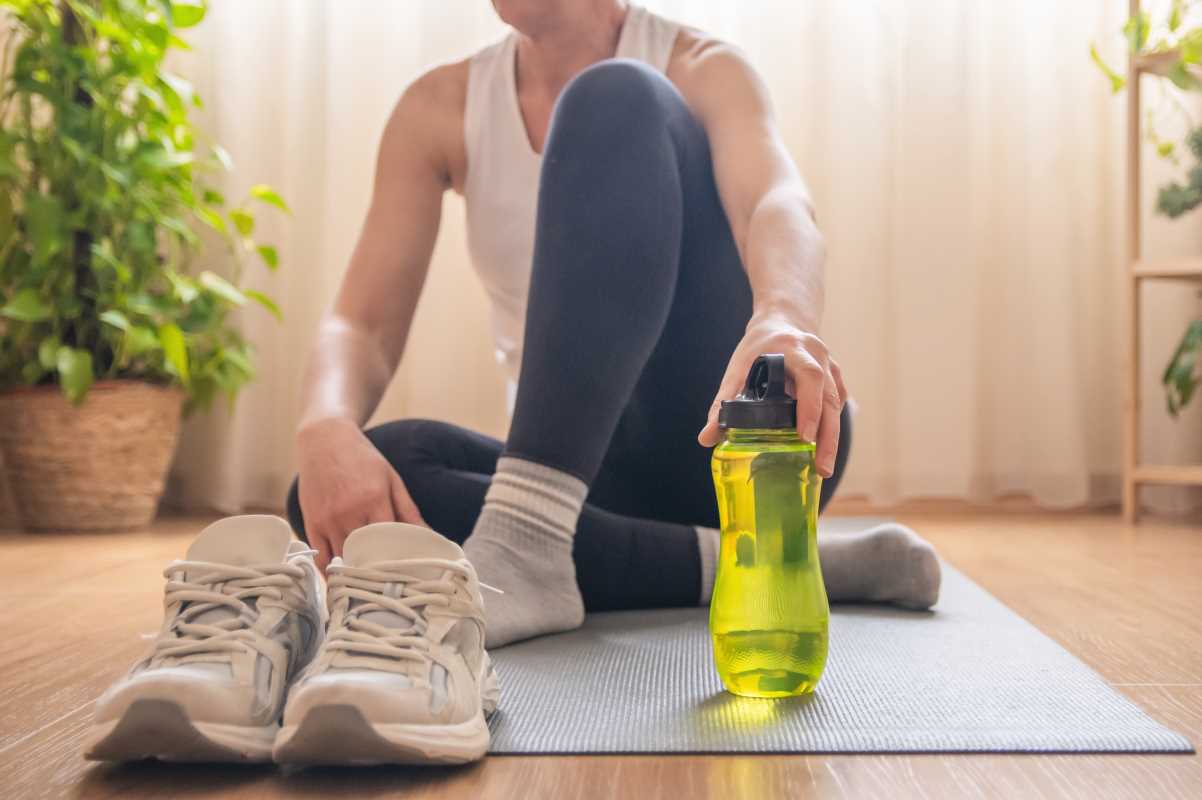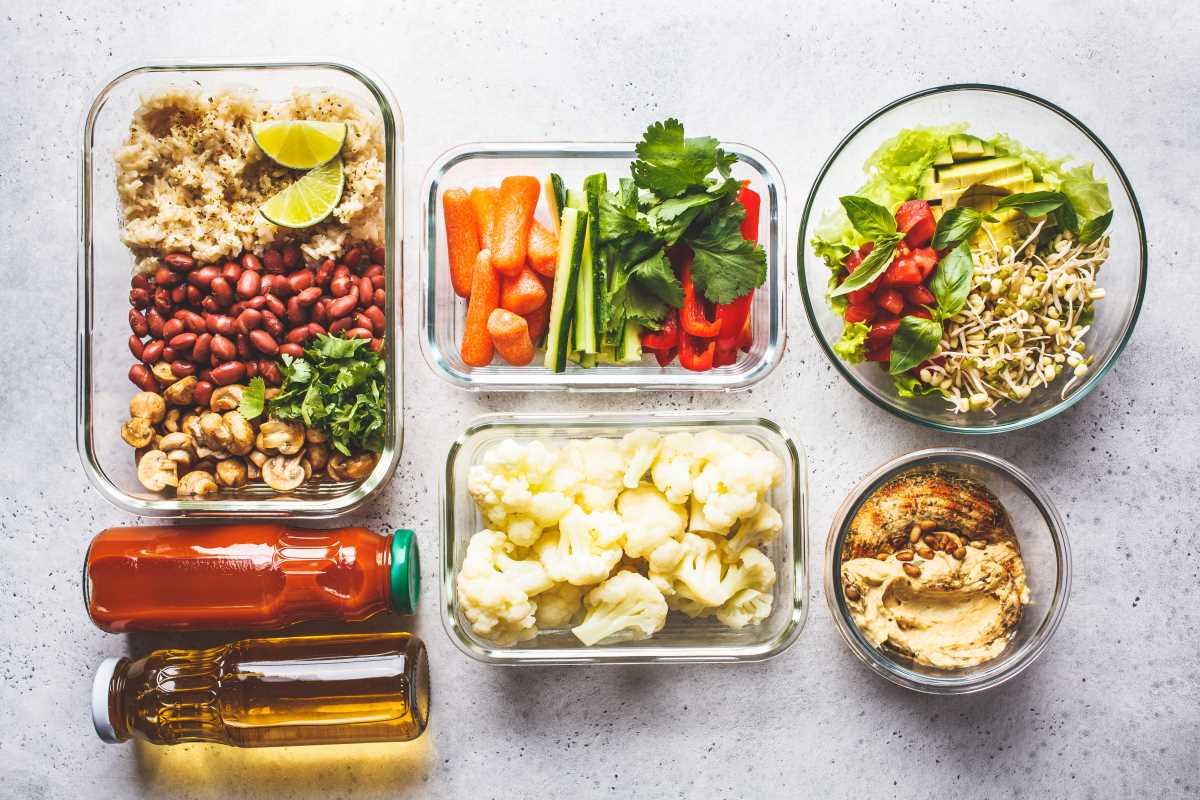Hydration isn’t just about quenching your thirst. It’s a fundamental element of your overall well-being, affecting how your body and mind function throughout the day. If you often feel sluggish, can’t focus for long, or find yourself in inexplicably low spirits, the root cause might be simpler than you think. Ensuring you drink enough water can be a game-changer for your focus, energy, and mood. Here’s a deeper look at why staying hydrated is essential and how to make it part of your daily life.
Why Hydration Matters
Water is the silent hero in everything your body does. Making up about 60% of your body, it is crucial for processes like digestion, circulation, temperature control, and detoxification. But it isn’t just about the physical aspects. Water also plays a significant role in mental clarity, productivity, and emotional stability.
Dehydration, even in its mildest form, can throw off this delicate balance. Your body immediately sends out signals like fatigue, distraction, and crankiness to alert you. Unfortunately, these signals are easy to overlook, often mistaken for something else, or dismissed as normal daily fatigue.
Once you start paying attention, you realize that staying hydrated isn’t just about staying on top of your health metrics. It’s about equipping yourself to feel and perform your best every day, both physically and mentally. From how sharp you are in that morning meeting to how patient you are during a stressful afternoon, hydration is a critical factor.
Hydration and Focus
Have you ever experienced that sluggish, foggy feeling halfway through your day? Your brain, which is nearly 75% water, needs plenty of hydration to keep firing on all cylinders. Even mild dehydration (a loss of just 1–2% of your body’s water) can cause a dip in cognitive function, making it harder to concentrate, remember details, or make decisions.
When your brain lacks water, it struggles to maintain communication between neurons. This can make you feel like it’s harder to process information or stay alert. It’s not just in your head (well, it technically is)—it’s a real physiological response.
Actionable tip: Start strong by hydrating first thing in the morning. After 6–8 hours of sleep, your body is dehydrated, even if you don’t feel thirsty. Starting your day with a large glass of water can jumpstart your brain, acting like the oil in a machine to ensure all parts work smoothly.
Beyond morning routines, having water nearby as you work or study is crucial. Fill a branded water bottle or keep a tumbler handy, and aim to take a few sips every 30 minutes. Some people find success by associating hydration with regular daily activities. For instance, every time you check your email or finish a slide on a presentation, take a drink. Over time, this becomes an effortless habit.
Example: Studies involving students completing mental concentration tasks demonstrate an improvement in focus after increasing water intake. Whether you’re working on problem-solving or writing, drinking water can measurably improve your productivity.
Warning Signs of Dehydration Fog:
- Persistent headaches
- Difficulty keeping track of tasks at hand
- Constantly rereading or redoing work
If these sound familiar, drink up before jumping to stimulants like energy drinks or coffee.
How Hydration Fuels Energy
When you’re low on energy, what’s your go-to remedy? For most of us, it’s caffeine or sugar. Yet these "quick fixes" often backfire by causing energy crashes later. Hydration, on the other hand, offers a consistent and natural way to boost energy levels without the downside.
Dehydration forces your body’s systems to work harder. Blood volume drops, so it becomes tougher for your heart to pump sufficient oxygen and nutrients to your cells. This creates a ripple effect, leaving you physically and emotionally drained. Essentially, your body is like an engine running low on oil—not a sustainable state.
Drinking enough water ensures that your blood flows efficiently, delivering oxygen to all parts of your body and keeping your muscles and brain fueled. For people with active lifestyles, hydration is especially vital. You’re sweating out essential fluids during workouts, and without replacing them, you can’t optimize your performance or recovery.
Quick Tips for Sustained Energy:
- Hydrating snacks - Incorporate water-rich foods like watermelon, strawberries, cucumbers, and even spinach into your meals and snacks.
- Infused water - Add natural flavor with lemon, mint, or berries. Not only does infused water feel like a treat, but it also encourages you to drink more.
- Timing is key - Drink water consistently but not all at once. Regular sips across the day help maintain energy, unlike consuming large amounts sporadically.
It’s worth noting that dehydration often mimics exhaustion. If you’re debating between water and a nap, try drinking first. Often, that midday slump vanishes without the need to lie down.
Example: Runners and cyclists commonly experience “the wall”—a sudden, extreme fatigue caused by hitting dehydration thresholds. They prep by hydrating several hours before activity, showcasing how being proactive can maintain energy even during high-demand situations.
Hydration Lifts Your Mood
Whether you woke up grumpy or feel overwhelmed halfway into your day, mood swings often trace back to areas we rarely consider, like hydration. Dehydration causes a hormonal imbalance by encouraging the release of cortisol (the stress hormone), which can spark irritability, anxiety, or emotional lows.
Your brain uses water to help regulate mood-stabilizing hormones. Even a slight shortfall can throw off this delicate balance. When rehydrated, those feelings of irritability or anxiousness often subside, replaced with calmness or uplifted spirits.
Tips to Stay Emotionally Balanced:
- Pre-empt hydration gaps: If you know you'll have a stress-packed day ahead, hydrate early.
- Tackle emotions head-on: If you feel sudden irritability, try drinking water before reacting. Small hydration pauses during debates or disagreements can offer a surprising clarity of thought.
- Include herbal teas instead of coffee: Chamomile or peppermint tea hydrates and calms nerves simultaneously.
Think of water as fuel for your emotional bandwidth. The more hydrated you are, the more resilient and tolerant you can feel, even in challenging moments.
Example: Athletes show a mood dip effect after heavy training when hydration isn’t restored immediately. This underscores how mental responses, not just muscle recovery, rely on keeping fluid levels optimal.
How Much Water Should You Drink?
The golden rule of 8 cups (64 ounces) a day is a solid starting point, but hydration needs vary from person to person. Factors such as weight, activity level, environment, and diet can influence how much water you need daily.
A good approach is to use physical signs as your guide. These include:
- Urine color: Aim for pale yellow. Dark yellow or amber hints at dehydration.
- Thirst: While thirst shouldn't be your only indicator, persistent dryness is your body screaming for hydration. Don’t ignore it!
Special situations like exercise or hot weather make water intake even more critical. For high-intensity athletes or those in warm climates, consider replenishing electrolytes too, as excessive water loss through sweat can deplete your sodium, magnesium, and potassium levels.
Ways to Elevate Daily Water Intake
- Use water trackers: Mark daily targets on apps or lines on a bottle.
- Drink a glass before meals: It not only helps with hydration but curbs overeating.
- Hydrate habitually with work breaks: Every hour you spend on tasks, complement it with a hydration pause.
Remember, it’s not just about plain water. Drinks like herbal teas or hydrating foods also contribute to your daily goal.
Fun fact: Vegetables like zucchini are up to 95% water, making them excellent hydration boosters as part of a hearty dish or snack.
Making Hydration a Habit
Hydration isn’t an overhaul; it’s a collection of small shifts that add up over time. Incorporate these actionable strategies to make hydration second nature:
- Keep water visually available: Place bottles throughout your workspace or home.
- Create rewards for milestones: Treat yourself after hitting targeted daily water goals.
- Pair water with essentials: Every time you do something, like scroll social media or take a call, couple it with sipping water.
Adopting these habits ensures you’re hydrated without effort, reaping immediate and long-term gains in your energy, focus, and mood.
Example Daily Plan for Hydration:
- Start with 16 ounces upon waking.
- Drink an 8-ounce glass mid-morning.
- Have 8–10 ounces before lunch.
- Maintain steady sips during work or errands—increasing amounts in hotter weather.
- Include water-rich fruits like oranges in snacks to fill gaps.
Water isn’t just a basic need; it’s a powerful ally in improving your quality of life. From becoming more focused and energized to enjoying a better mood day-to-day, proper hydration is the unsung hero of transformation. Small actions, like keeping a water bottle close or eating juicy, hydrating foods, make an enormous difference over time. Treat your body and mind to the hydration they deserve, and watch as every area of your life thrives.
 (Image via
(Image via





